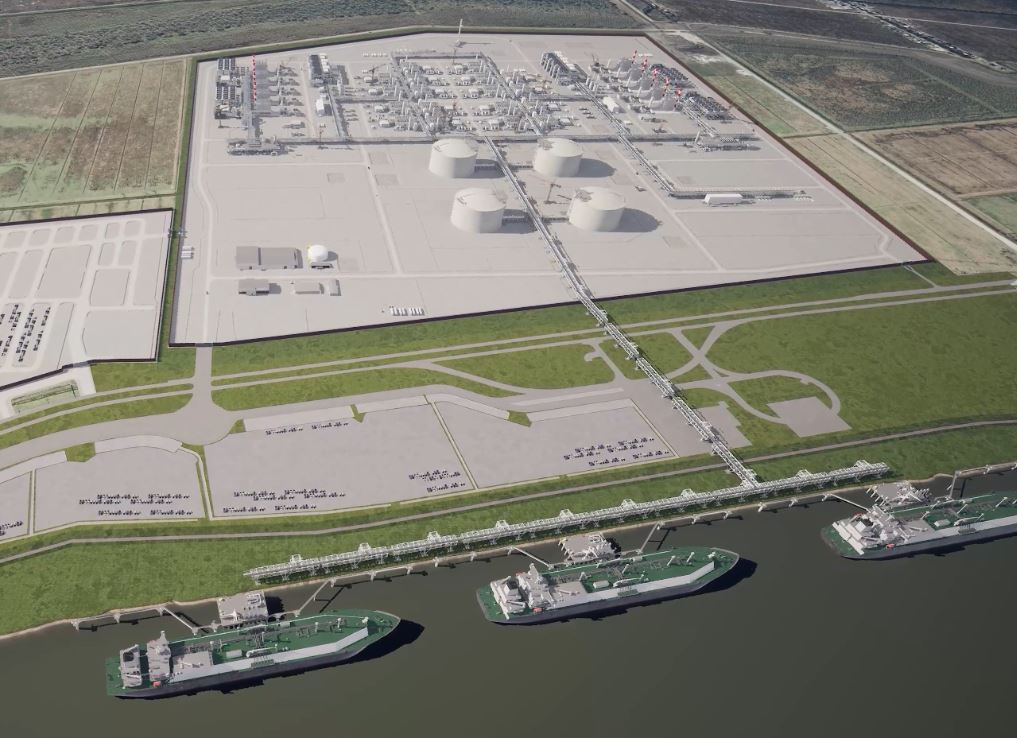US LNG exporter Venture Global LNG has signed two long-term liquefied natural gas supply deals with German energy firm EnBW.
Under the 20-year sales and purchase agreements, Venture Global will supply about 1.5 million tonnes per annum from its Plaquemines and CP2 facilities, starting in 2026.
Moreover, EnBW would purchase 0.75 Mtpa from the recently approved Plaquemines LNG project in Louisiana and 0.75 Mtpa from the planned CP2 LNG facility, according to a statement by Venture Global.
With this, EnBW becomes the next European customer of Venture Global, who already announced agreements with PGNiG, BP, Shell, Repsol, Edison, and Galp.
“This is the first direct binding offtake agreement for long-term US LNG signed by a German company, an important step that manifests Germany’s strategy to diversify its energy mix,” Mike Sabel, CEO of Venture Global LNG, said in the statement.
“Our company is honored to become a major provider of LNG to Germany, providing security of supply on a competitive, long-term basis,” Sabel said.
Germany to become large LNG importer
Germany currently has no LNG import facilities but it has chartered four FSRUs to start importing LNG as part of plans to slash reliance on Russian gas supplies.
These include the two units RWE chartered from Hoegh LNG, and the Dynagas-owned 174,000-cbm Transgas Force and Transgas Power that will go on charter to Uniper.
Uniper also started building the first German import terminal in Wilhelmshaven and this facility will host one of the chartered FSRUs.
Besides the FSRU-based facilities, Germany will host large onshore LNG import terminals such Hanseatic Energy Hub’s Stade LNG import terminal near Hamburg.
Earlier this year, EnBW signed a deal with HEH as it aims to book capacity at the Stade LNG plant.
Georg Stamatelopoulos, COO generation and trading at EnBW, said in the statement that the firm “looks forward to a long-term LNG partnership with Venture Global.”
“We have expanded our LNG activities step by step in the recent years. Liquefied natural gas plays a key role in the diversification of our fuels for electricity and heat generation: It opens up the possibility of new sources to secure Germany’s gas supply in the current energy transition phase and builds a bridge to a green energy supply,” Stamatelopoulos said.

